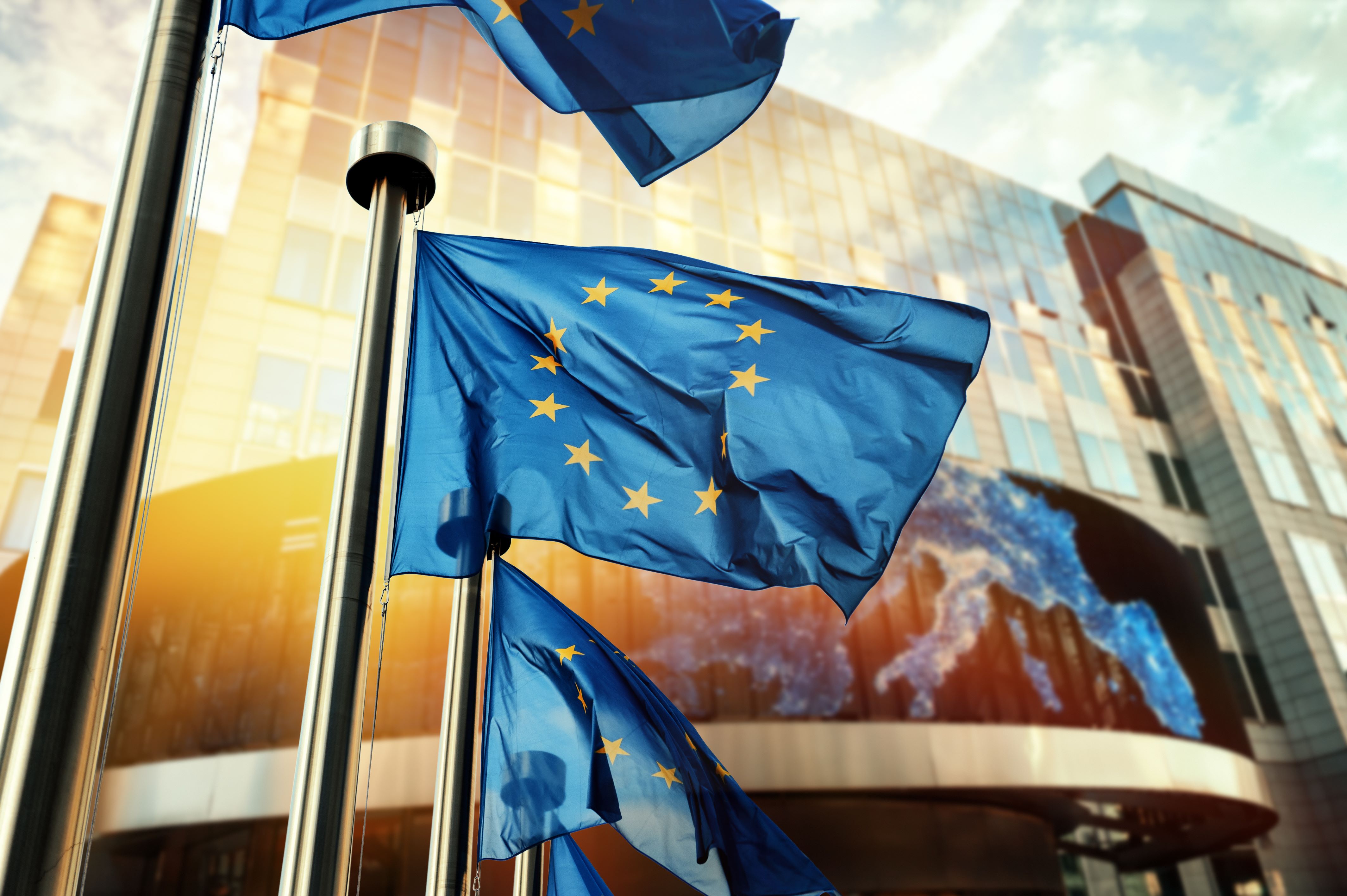
In our latest round up of EU trade policy, the IOE&IT Daily Update looks at the latest developments in EU and India trade deal negotiations, a French request to pause the European green pivot and efforts on deforestation.
India-EU trade talks
The first ever ministerial level meeting of the India-EU trade and technology council (TTC) took place in Brussels this week (16 May) with working groups established to report on digital technologies, green technology and resilience in value chains, reports Mint.
The European Commission says that future cooperation will also focus on developing issues such as AI and digital skills, with a memorandum of understanding agreed on semiconductors.
High-profile politicians from both sides attended, but the meetings revealed ongoing tension over issues such as the EU’s 2026 Carbon Border Adjustment Mechanism which Delhi sees as unfair to developing countries.
India has also bridled at sustainability requirements the EU wants it to sign up to, reports Politico.
Additionally, India has hit back at the EU’s suggestion of cracking down on it reselling refined Russian oil to Europe by considering it a circumvention of Western sanctions, reports the Independent.
Deforestation laws don’t cut it
The European Council gave the final go-ahead to a regulation that aims to minimise the risk of deforestation and forest degradation associated with products that are placed on or exported from the EU market.
The regulation sets mandatory due diligence rules for all operators and traders of palm oil, cattle, wood, coffee, cocoa, rubber and soy, requiring them to trace the commodities back to the plot of land where they were produced.
Writing on Euractiv, Pieter Cleppe, a research fellow at the Property Rights Alliance criticised the EU as “attempting to tackle the challenge as one size fits all”.
Cleppe said South East Asia’s palm oil industry had made great steps forward in combatting deforestation but would be hit by the same rules as Brazil where deforestation was more of an issue.
Macron wants green pause
French president Emmanuel Macron has called for “a European regulatory pause” on environmental constraints to help industry get to grips with the current standards of the European Green Deal, reports Euractiv.
“We are implementing what we have decided, but we must stop adding to it,” the president said in a speech at the Elysée Palace during an event on re-industrialisation.
The EU has set itself the target of achieving carbon neutrality by 2050 and more than halving greenhouse gas emissions before the end of this decade.
According to Politico, Macron also proposed a counter to Washington’s electric car subsidies under its Inflation Reduction Act.
France will tailor existing measures that encourage green vehicle purchases to reward European manufacturers by the end of this year, he said, calling on the rest of the EU to follow.
CoE counts cost of war
A rare meeting of the Council of Europe (CoE) rights body – not to be confused with the European Council, the EU’s decision-making body – unveiled a Register of Damages to record and document evidence and claims of damage, loss or injury inflicted by Russia in its war on Ukraine, reports Reuters.
German chancellor Olaf Scholz said the council was important “to punish the war crimes of the Russian occupiers and to demand accountability for the enormous damage that Russia inflicts on Ukraine day after day”.
According to RTE, Ireland will pledge an additional €325,000 to the CoE, which has faced a funding shortfall after it decided last year that Russia could no longer be a member.
EU-UK trade hit
Brexit has caused a “significant decline” of up to 25% in EU-UK trade as well as aggravating labour shortages in the British economy, a report by the European Central Bank (ECB) has concluded.
The ECB said: “UK goods trading volumes with the EU fell significantly after the implementation of the TCA, remaining below their pre-pandemic level until the beginning of 2022.”
“On the import side, despite the delayed application of TCA provisions by the UK, there was a striking decline in UK imports from the EU over the first months of 2021, which contrasted with a rise in goods imports from non-EU countries.”
The Irish Times reports that a significant number of UK firms have ceased trading with the EU due to the increased bureaucracy and administration.
New import controls on goods coming into Britain from the EU are due to commence in September, threatening additional barriers.



